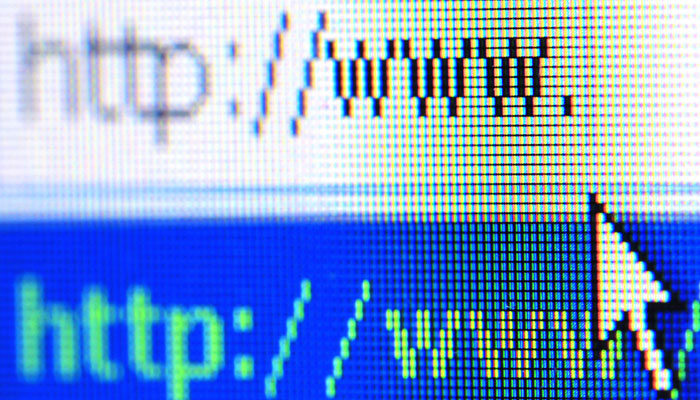IMDEA Networks

Empirically Grounding Models of Censorship

Michael Carl Tschantz, Researcher at the International Computer Science Institute, California, United States
External Presentation (External Speaker)
Measuring and efficiently circumventing censorship of the Internet requires a realistic model of those entities blocking communications. We undertook an extensive examination of real censors by surveying prior measurement studies and analyzing field reports and bug tickets from practitioners.
We assessed both deployed circumvention approaches and research proposals to consider the criteria employed in their evaluations and compare these to the observed behaviors of real censors, identifying areas where evaluations could more faithfully and effectively incorporate the practices of modern censors. We also examined different reasons that websites may vary in their availability by location. We measured three forms of server-side blocking that censorship measurements should account for: blocking visitors from the EU to avoid GDPR compliance, blocking based upon the visitor’s country, and blocking due to security concerns. Our empirical findings suggest changes to the models of censorship commonly used in research.
About Michael Carl Tschantz
Michael Carl Tschantz is a researcher at the International Computer Science Institute, with a Ph.D. in Computer Science from Carnegie Mellon University. He uses the models of artificial intelligence and statistics to solve the problems of privacy and security. His current research includes automating information flow experiments, circumventing censorship, and fair machine learning.
This event will be conducted in English

